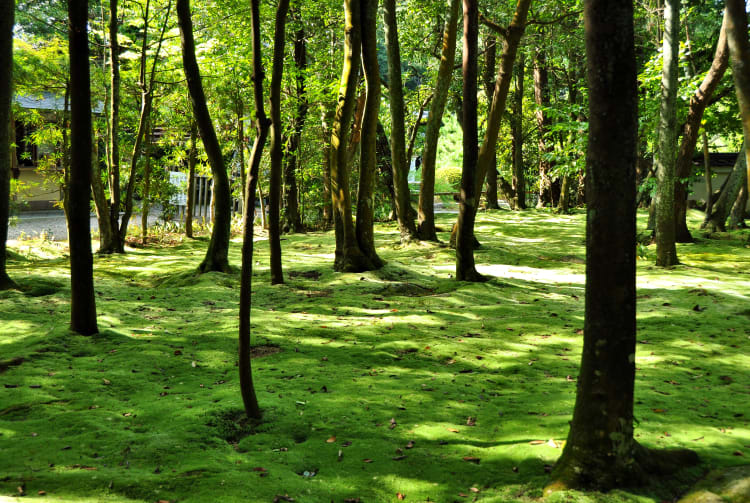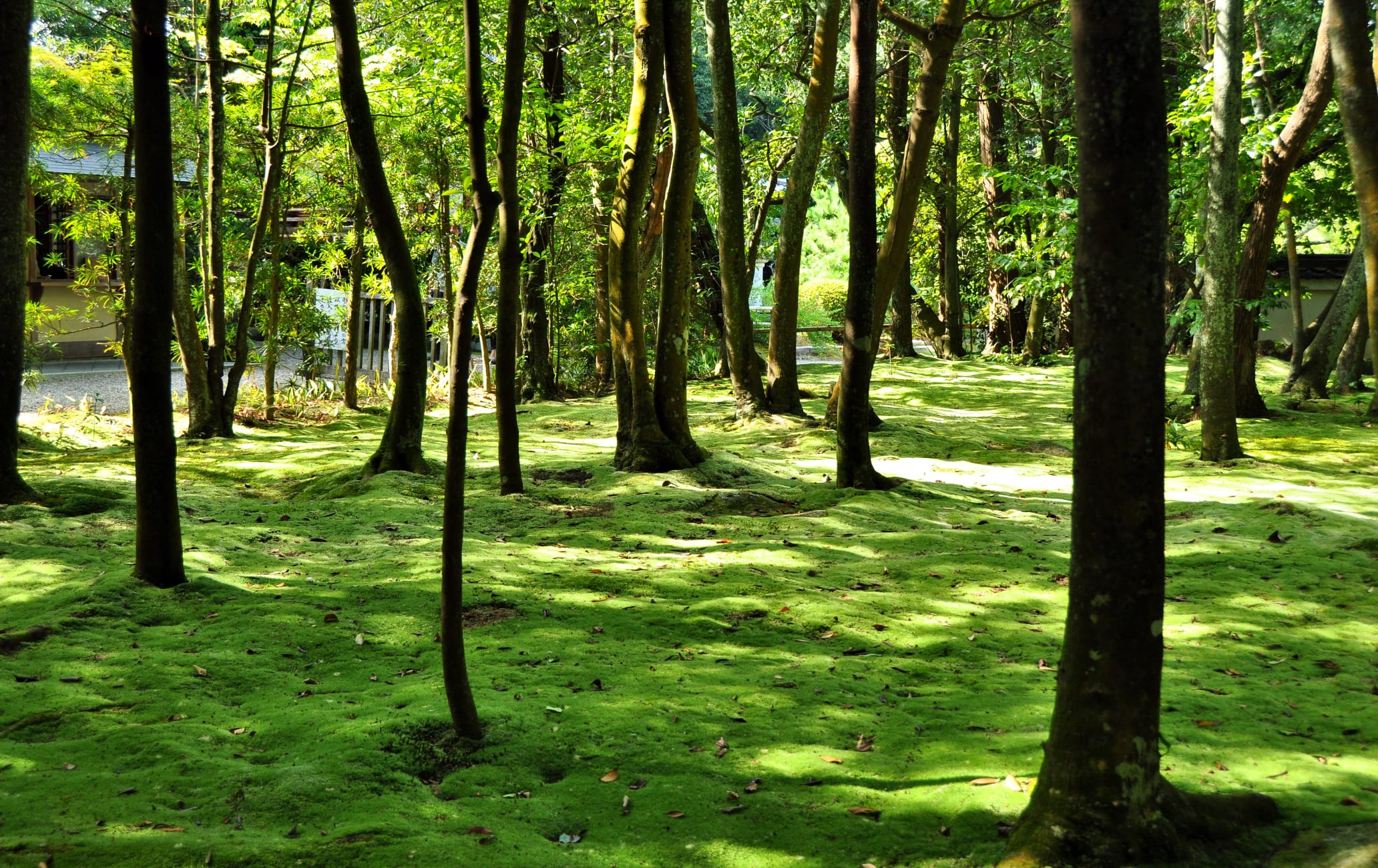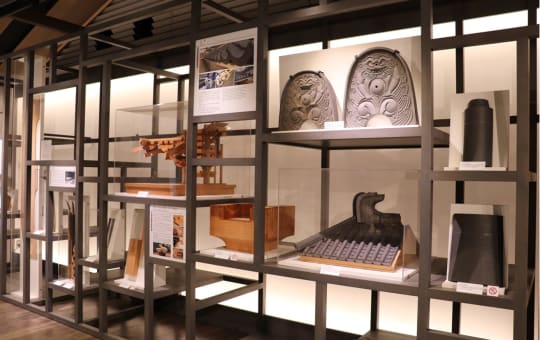A peaceful garden with historically significant statues
Akishinodera Temple, built around 780 by the Emperor Konin and rebuilt following a fire in the 12th century, is most famous for its serene moss garden.
Don't Miss
- The noteworthy moss garden
- The temple main hall's traditional Wayo architecture
- The 25 statues of religious importance, including a special patron of the arts
How to Get There
Akishinodera Temple can be reached by bus from Yamato-Saidaiji Station on the Kintetsu Nara line, the Kintetsu Kyoto line and the Kintetsu Kashihara line. The closest bus stop to Akishinodera Temple is Akishinodera Temple. The temple is also around a 20-minute walk from Yamato-Saidaiji Station.
Natural sights
The temple is best known for its natural setting, highlighted by the verdant moss garden. Working in tandem with the wooded landscape, the garden accentuates its surroundings.
The main hall
The main hall, known as the Hondo, is considered one of the masterpieces of the Wayo style of architecture. This style gives the hall its distinctive look, featuring a sloped roof and an earthen floor.
The combination of the Wayo architecture and the lush trees nearby make the temple particularly photogenic.
A Buddhist statue that took almost 500 years to complete
Of the 25 statues at Akishinodera, the most noteworthy is of Gigeiten, the patron god of the arts. Many aspiring artists visit the statue to receive a blessing.
The head of the Gigeiten statue dates back to the 700s, while its body was constructed around the 13th century. Even though the two parts were made approximately 500 years apart, they exist in perfect aesthetic harmony. Because of its age and artistic beauty, the statue is designated one of Japan's Important Cultural Properties.


























































